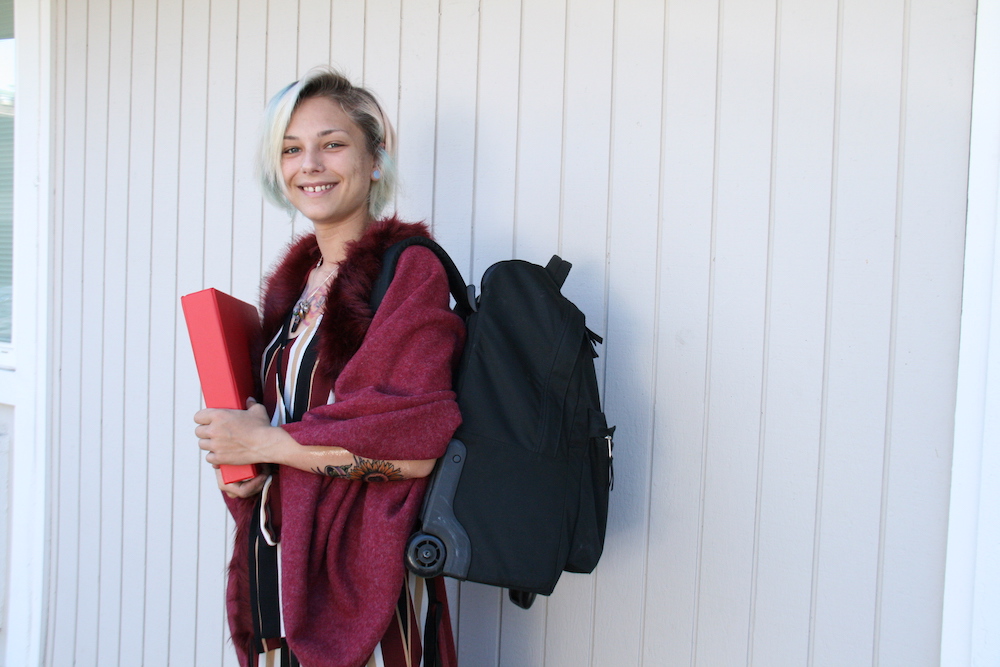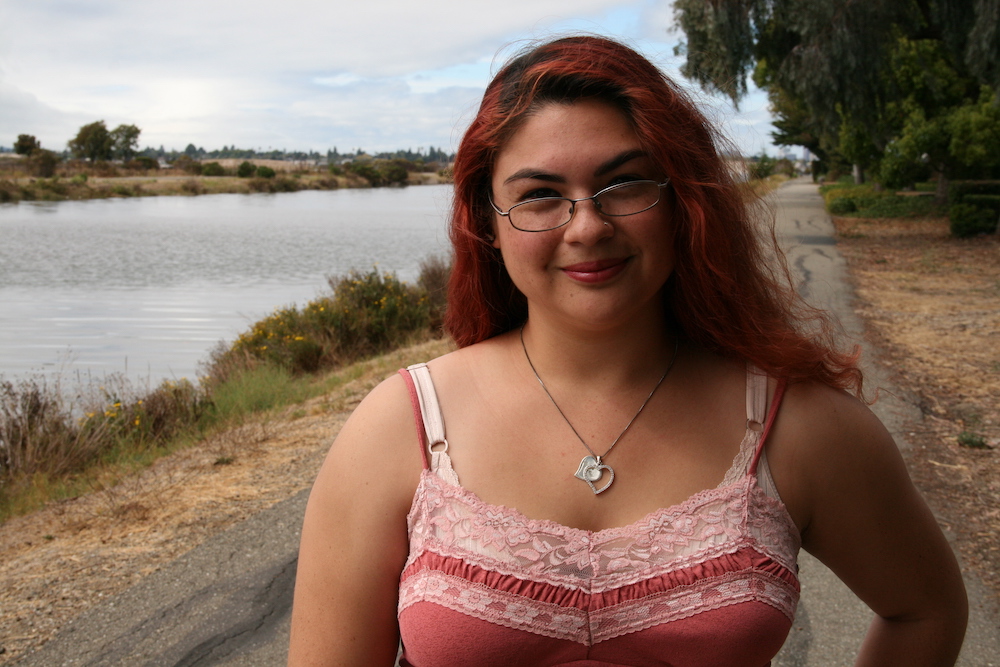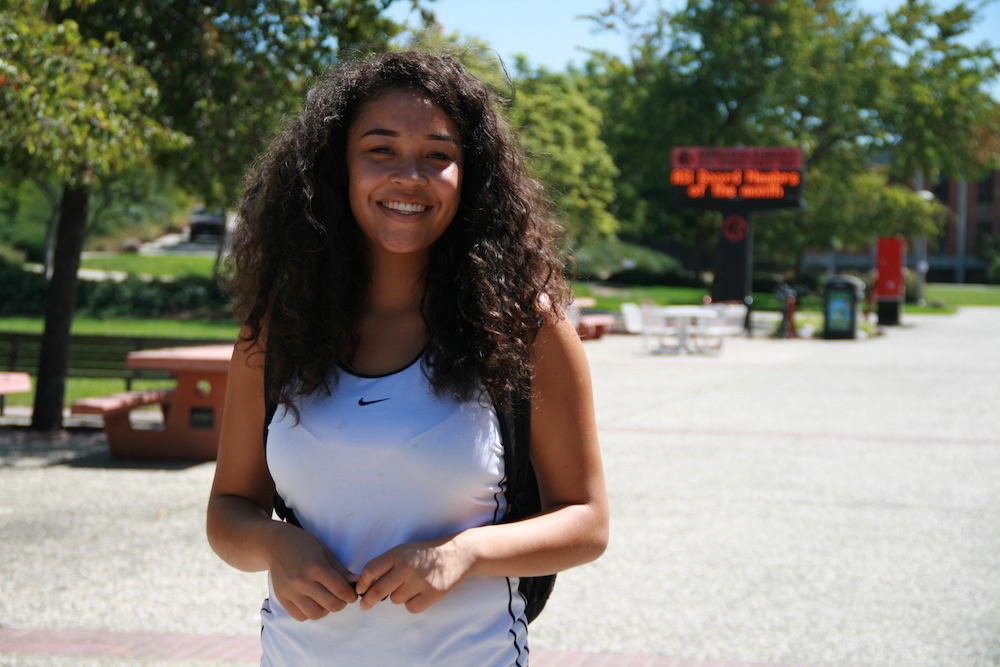Your Case
You have the right…
- To attend your court hearings and speak to the judge.
- To be involved in the development of your own case plan and your plan for permanent placement. This includes plans regarding placement and
gender affirming health care. - To review your case plan and plan for permanent placement, if you are 12 years of age or older and in a permanent placement, and to receive information about your out-of-home placement and case plan, including being told of changes to the plan.
- To have fair and equal access to all available services, placement, care, treatment, and benefits, and to be free from discrimination or harassment on the basis of actual or perceived race, ethnic group identification, ancestry, national origin, color, religion, sex, sexual orientation, gender identity, mental or physical disability, or HIV status.
- To have child welfare workers who have received instruction on cultural competency and sensitivity relating to, and best practices for, providing adequate care to LGBT youth in out-of-home care.
- To have a person that your tribe chooses attend court.
- To see and get copies of your court reports, child welfare records, and education records for free until your 26th birthday.
- To have your case plan protect your ability to form connections within your tribe.
- To a child and family team (CFT) with both formal and informal support people present.
For information about Child and Family Team (CFT) meetings:
http://www.cdss.ca.gov/Portals/9/CFT/Youth%20Brochures/TEMP%203012.pdf?ver=2018-12-06-133906-010
Your
Home
Your
Body
Your
Belongings
Your
Relationships
Your
Privacy
Your
School
Your
Case
Your Plans for
the Future
Your Sexual Orientation,
Gender Identity & Expression (SOGIE)
Do you feel your rights as a foster youth have been violated?
Do you feel your rights as a foster youth have been violated? If so, you also have the right to contact the Community Care Licensing Division of the State Department of Social Services or the State Foster Care Ombudsperson regarding any violations of your rights. You can speak to representatives of these offices
To make a complaint with Community Care Licensing, email letusno@dss.ca.gov or call 1-844-538-8766. You can also visit the website at https://www.cdss.ca.gov/inforesources/CCLD-Complaint-Hotline.
To contact or make a complaint with the Foster Care Ombudsperson, email fosteryouthhelp@dss.ca.gov, call
Additional Links
High School Graduation
EBCLO’s Education Advocacy Program assists youth in achieving their high school completion goals. This page provides details about the program and resources.
Transitional Age Youth (TAY)
EBCLO works with many TAY, and we’ve compiled tips for young people who are participating in extended foster care or want to return to extended foster care.



